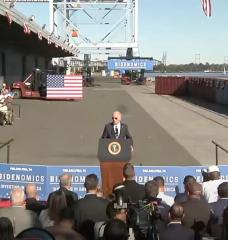
From air-conditioners and electric vehicles to humans and photosynthesizing plants, every system that converts energy from one form to another is governed by the laws of thermodynamics. So fundamental are these laws that Einstein himself once said they comprise “the only physical theory of universal content, which I am convinced…will never be overthrown.” However, with great power comes great responsibility. Our understanding of thermodynamics enabled the industrial revolution and virtually every technological breakthrough since, but it has also led to the over-consumption of fossil fuels and associated global warming. Now we need to turn the problem on its head and use these theories to find a solution.
The primary aim of this course is to have students reach an undergraduate-level understanding of thermodynamics through the lens of climate change, paying special attention to placing fundamental concepts within a narrative that emphasizes both the benefits and dangers of technological progress. You will learn the three laws of thermodynamics, explore concepts like entropy and enthalpy, and investigate the causes and effects of global warming from a thermodynamics perspective. We will also apply these concepts to learning about state-of-the-art energy conversion and storage technologies like heat pumps, hydrogen fuel cells, metal-air batteries, artificial photosynthesis, molten salt storage, concentrated solar power, and many more.
This course was offered as part of MITES Semester (formerly MOSTEC) in Summer 2020. MITES Semester is a 6-month online program for rising high-school seniors. The program offers students an opportunity to learn about diverse science and engineering fields, strengthen their academic STEM foundation, build 21st-century skills in networking, interviewing, collaboration and presentation delivery, prepare for college, and build a strong community of peers and mentors.
The OCW course site includes an online textbook, coding labs, and problem sets with solutions.
Course instructor: Dr. Peter Godart






